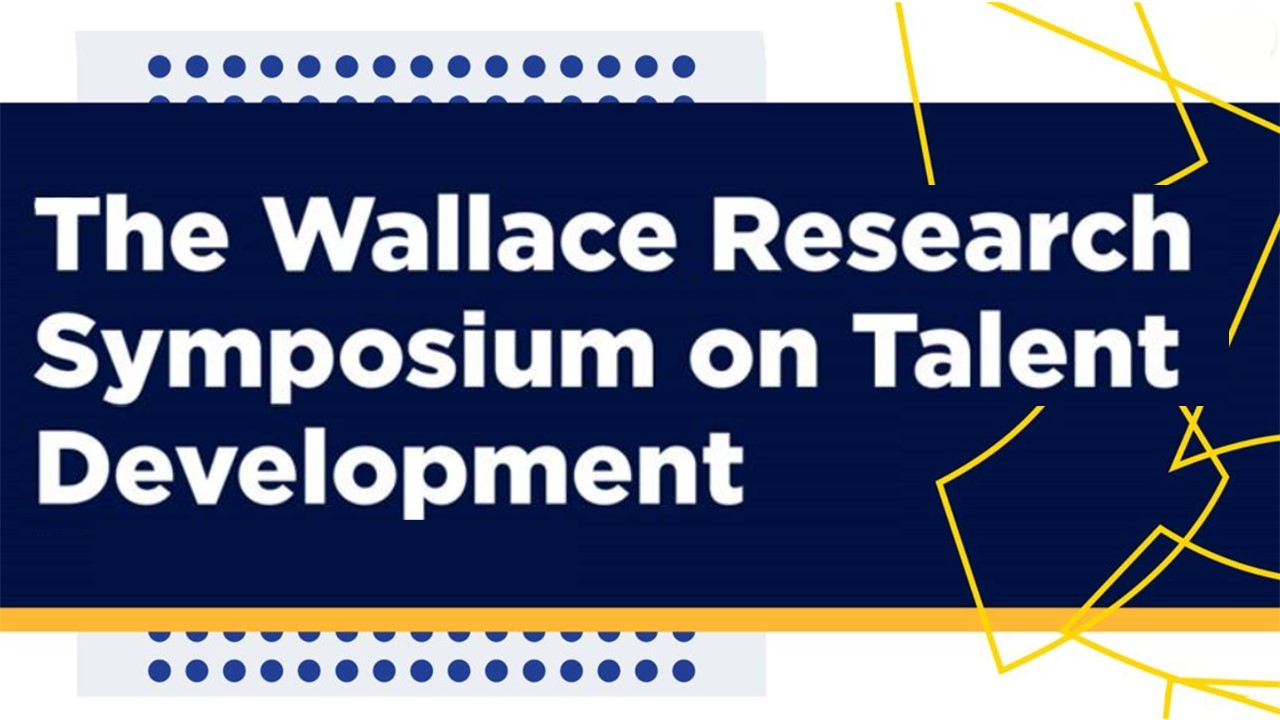
Poster Presentation 15 — Giftedness in Mathematics and High Performance in Mathematics Olympiads: What do Teachers and Researchers Think? — Seyda Aydin Karaca, Mustafa Serdar Koksal, & Ann Robinson
Monday, May 20, 2024, 5:00 – 7:00 pm, Student Union Ballroom, Rooms 330/331
Giftedness in mathematics can be defined as exhibiting a high level of mathematical performance within the reference group and being able to generate new mathematical ideas according to one’s own educational background (Elgrably & Leikin, 2021). Giftedness in mathematics should be carefully nurtured for both personal and public well-being (Leikin, 2021). Mathematics Olympiads are an academic competition used in the education of gifted in mathematics individuals to nurture their talents. Mathematics Olympiads were first held in 1984 and require extensive domain knowledge. Students must take a series of technical exams and score among the top 20 students in their country to be selected for the Olympiad team (Campbell et al., 2017). The Olympiad selection process is likened to the process of identifying giftedness in mathematics. Although being gifted in mathematics and having an Olympic success in mathematics have similar aspects, we suggest that they fundamentally depend on different concepts. The aim of this study is to explore the similarities and differences between being successful in mathematics Olympiads and being gifted in mathematics. This study employs a case study design that is widely used in social, educational, clinical, and business research and allows in-depth investigation of the target problem (Cresswell, 2013). Interviews will be held with 5 teachers who prepare students for Mathematics Olympiads and 5 scholars who study the Olympiads in Turkey. Open-ended interview questions in a semi-structured interview protocol prepared by the researchers will be used. The data will be analyzed with content analysis.